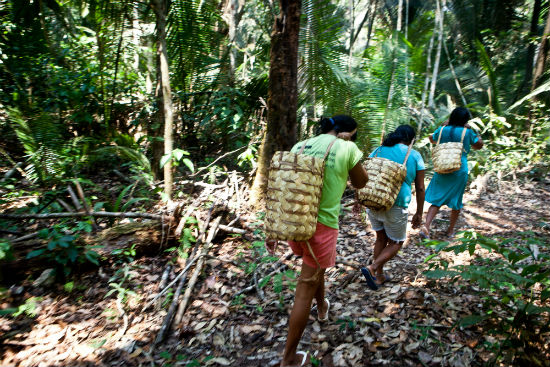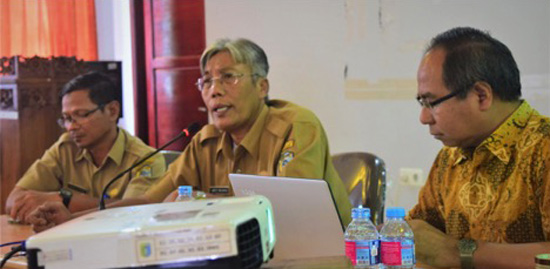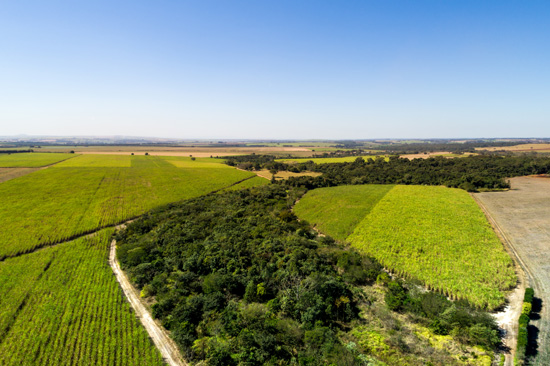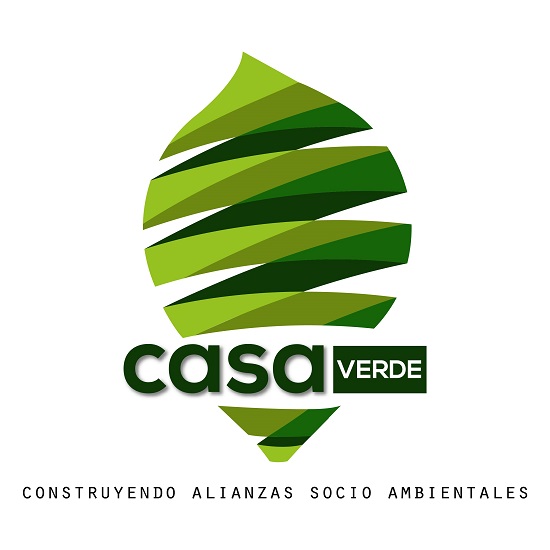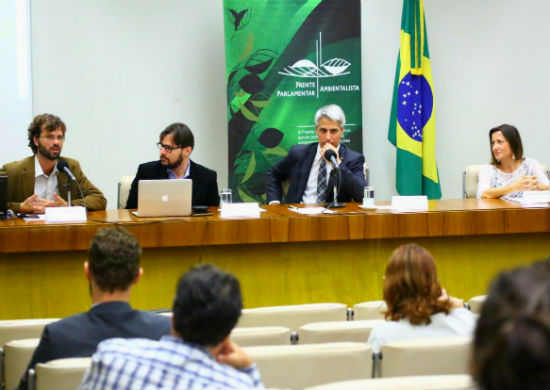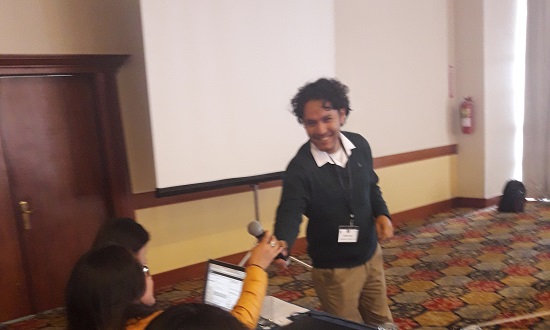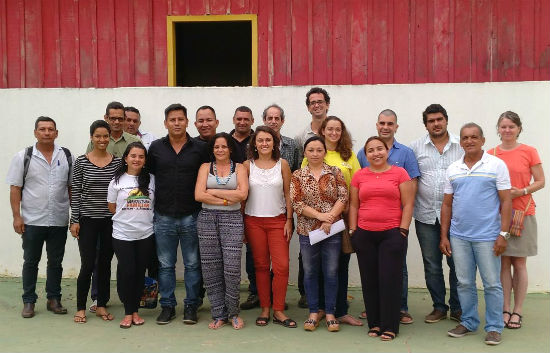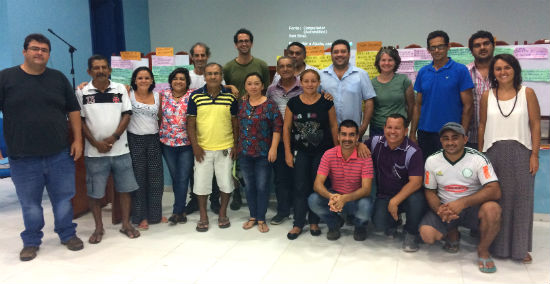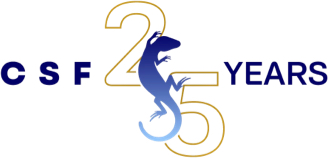News
Conservação Estratégica (CSF-Brazil) is pleased to announce the launch of a new publication "Guide for the Participatory Development of Sustainable Business Plans” (in Portuguese).
Women of the Paiter Suruí people collecting the babassu fruit in the Sete de Setembro IL, in Rondônia state.
Workshop participants doing group work.
Conservação Estratégica (CSF-Brasil) led a workshop on sustainable business plans for products from the Amazon. The aim was to create an open-space for dialogue on possible ways to support the development of sustainable businesses and the strengthening of their value chains in the Brazilian Amazon.
CSF-Indonesia has officially begun working to develop a shared vision and roadmap for Green Sintang Regency (Kabupaten Sintang Lestari) in West Kalimantan Province, Indonesia. Green Sintang refers to the transition to sustainable, low carbon development principles, and preservation of natural resources and ecosystems. With the programs brought by CSF Indonesia and other Civil Society Organizations (CSOs) under the Circle of Green Regency group partners (Lingkar Temu Kabupaten Lestari, LTKL), the government of Sintang will have the opportunity to achieve Green Regency despite the establishment of new large scale plantations within the area. The Sintang government recognizes the need to engage stakeholders in land use planning to ensure sustainability and more equitable distribution of benefits from development. CSF held a kick-off meeting on April 9th and 10th and involved CSOs and Local Government Agencies (Organisasi Perangkat Daerah - OPD).
A rural area near São Paulo, Brazil. Photo credit: Filipe Frazão
CSF-Brazil recently hosted the seminar "Implementation of Environmental Reserve Quotas (CRA) in Brazilian states" to help promote more economically efficient and environmentally sound forest conservation, in partnership with the Federal University of Minas Gerais state (UFMG), the Forest Code Observatory (OCF) and the Environmentalist Parliamentary Front, on December 7th at the House of Representatives in Brasília, Brazil.
More than forty people attended the event, representing the Ministry of the Environment, the Environment Secretariats of thirteen states, non-governmental organizations, research institutions, national and international universities, as well as the organizing institutions.
José Carlos Rubio Ayllón (CSF) presenting the HydroCalculator.
In August 2017, CSF-Brazil presented our results from the economic feasibility study for the implementation of the Agro-extractivist Cooperatives and Associations Network of the State of Amazonas (RECABAAM) in Beruri, Amazonas.
More than twenty stakeholders attended the presentation, representing the community-based factories processing the Brazil nut, civil society institutions and state government, including the Institute of Agricultural and Sustainable Forestry Development of the State of Amazonas (IDAM) and the State Secretary of Rural Production (SEPROR).
Participants and organizers of the RECABAAM modeling workshop.
Reunión en Peñas Blancas, Parque Farallones del Cali. Foto: Carlos SolísColombia es actualmente uno de los países con mayor biodiversidad del planeta. Esta riqueza está representada en 59 áreas naturales, las cuales son administradas por el Sistema de Parques Nacionales Naturales de Colombia (SPNNC). ElSPNNC está apostando por la implementación de esquemas de Pagos por Servicios Ambientales (PSA), a fin de estimular la conservación, preservación y restauración de los ecosistemas.

